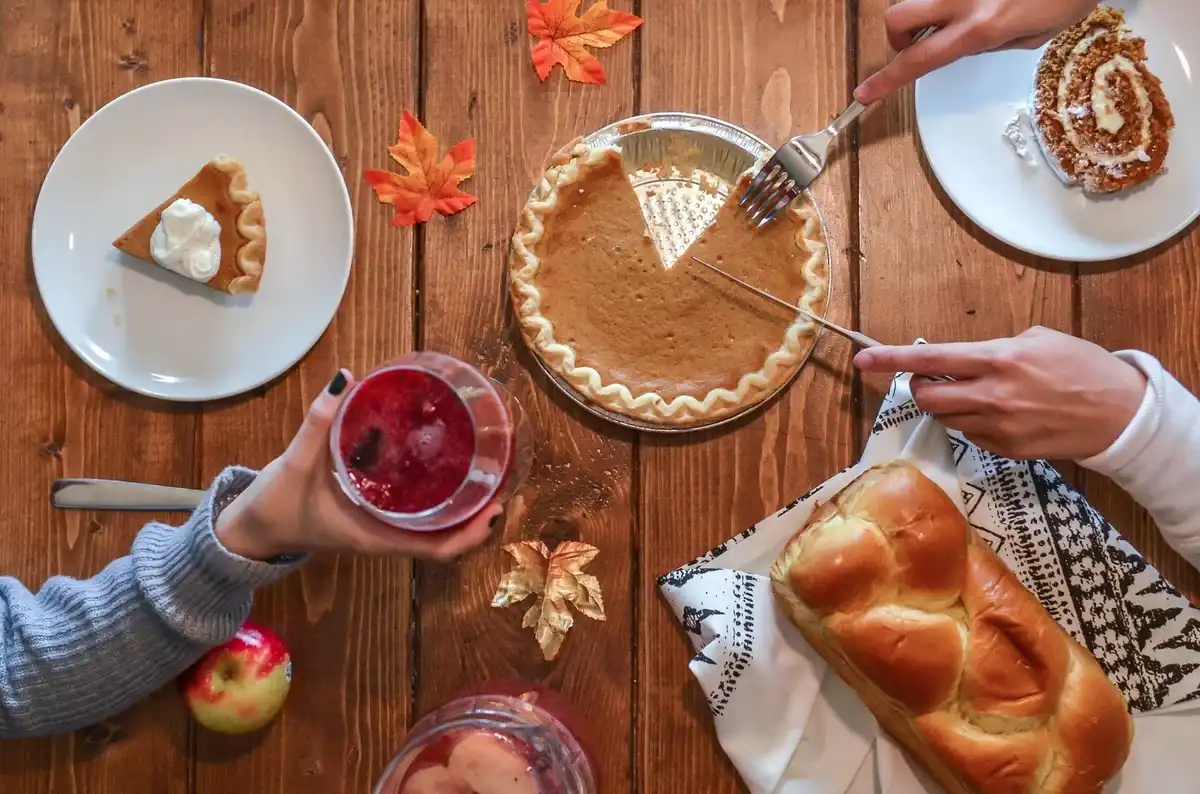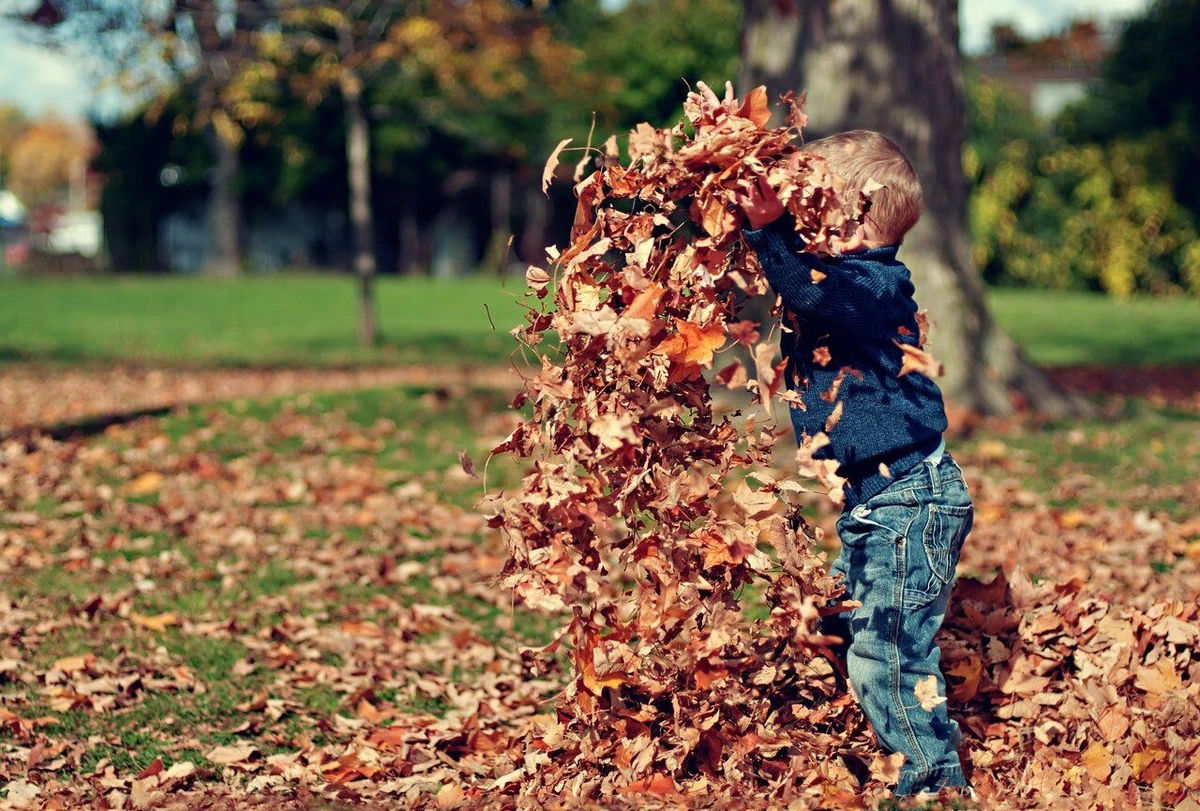7 Surprising Ways Fall Weather Impacts Your Mouth & Health


You’ve heard people say that they can “feel it in their joints” when the weather changes. But what about your teeth? In the fall, you might start to notice random issues that weren’t significant during warm weather months. Fall weather impacts health and teeth alike, just not in a way you might think.

The Fall Season
Most of us also start to indulge in fall treats (like Pumpkin Spice Lattes) and holiday candies which start to make an appearance at the office earlier every year. The added sugar and flavorings can take a toll on our tooth enamel when we’re consuming them a few times a week.
And don’t forget the temperature changes. If you walk outside in the cold weather and it hurts your teeth, is there anything wrong? It could be stereotypical cold sensitivity, but how can you be sure?
Even sinus pressure from seasonal changes can press against your tooth roots, causing those teeth to hurt. These are all some important things to keep in mind as fall weather impacts health symptoms between your dental visits.

Sweater Weather Impacts On Mouth & Health
Fall can creep up on you a little unexpectedly. Most of us get in the mood for Autumn by the time kids head back to school in August, but fall technically doesn’t start until late September. Even if you don’t live in a part of the country where the temps start to drop that early, you can still see changes in your teeth in the fall.
1) Fall Treats

Ah, tis the season for pumpkin-flavored everything. Especially pumpkin spice lattes. Whether you get yours at the local Starbucks or you’re over-zealous with the flavored coffee creamer, those syrups and mixtures contain plenty of sugar or other artificial sweeteners. Sipping on them for hours a day, day after day, means you’re significantly predisposing your smile to weaker tooth enamel and the development of cavities.
What about baked treats? Pumpkin donuts. Pumpkin scones. Pumpkin pie. You’re also up the same creek with no paddle. The processed carbs and sweeteners lead to extra plaque buildup on your teeth throughout the day. If you’re not brushing more often, the buildup can irritate your gums, alter your breath, and weaken the other layers of your tooth enamel.
2) Cuddling Up Inside And Watching TV

When the weather is cool you might be more inclined to stay in. Hallmark Movie Channel, anyone? If you’re binge-watching your favorite Romcoms or pre-holiday movies, you’re probably snacking more than normal too. And with movie watching we don’t tend to put a lot of effort into the snacks we’re eating. It’s more of a “grab and go” with whatever is convenient.
This scenario puts a lot of people into a bad situation of constant snacking, making poor diet choices (grabbing processed, carb-loaded, or sweetened foods/drinks,) and falling into a pattern that lasts throughout the entire holiday season.
3) We Move Less

Most of us are more active in the summer months when kids are out of school, pools are open, summer sports are in full swing, and we’re working on getting into a swimsuit. As things settle down during the fall—or we spend more time indoors because of cooler temps—we tend to be less active. Once that happens, all of the snacks we’ve been eating or the calories we’re drinking in our lattes start to catch up with our waistline (and mouth.)
4) Cold Weather Increases Sensitivity Teeth

While cold sensitivity may not necessarily mean anything bad (it can, but not always) it’s definitely annoying. Especially when it happens a few times a week.
5) Heart Attacks Go Up During The Fall

Statistically speaking, there are more heart attacks in the fall. Why? It might actually be due to daylight saving time. By “falling back” an hour and losing sleep—while interfering with natural circadian rhythms—you’re naturally straining your heart.
6) Dry Skin

Cooler weather also tends to lead to dry skin, hair, and nails. Your mouth isn’t in the clear either. If you’re drinking pumpkin spice lattes, the caffeine consumption may be acting as a diuretic and drying out your tissues more than normal.
We know that most people tend to drink less water when the weather gets cooler. That’s one reason why most municipal water sources have higher fluoride levels when it’s cold, as opposed to during the summer (when our water intake is higher.)
A dry mouth significantly raises your chances of dental problems, including tooth decay.
7) We Drink More Warm Drinks

Coffee, hot chocolate, warm apple cider, hot tea, eggnog, lattes…you get the picture. Drinking a lot of hot drinks increases our calorie intake, soaks our teeth in acid-causing sweeteners, and gradually stains our smile a little more every day.
If for any reason your teeth are sensitive to hot temperatures, you need to see your dentist asap. Hot teeth in the fall, especially localized to one tooth, could indicate that there’s some type of damage to your dental nerve.
Prevent Any Dental Problems
The best way to protect your teeth in the fall is to have a great prevention plan. You should be brushing twice a day, minimum, and flossing at least once a day. Flossing gets all of the areas that toothbrushes don’t reach, so it’s essential to use the two together.
Rinsing with fluoride mouthwash before bedtime will help remineralize weaker enamel to make it more resistant against cavities. Even if you’re in the early stages of tooth demineralization, the fluoride can re-calcify those surfaces before they turn into a full-blown cavity.
Consider using sensitivity toothpaste during the fall and winter months. For sensitivity toothpaste to work properly, you need to use it every day for about two weeks (to see full results) and then keep using it. Once the weather warms up again, you can put it to the side.
Enjoy Fall Treats In Moderation!
Your favorite fall treats can do serious damage to your teeth. But there are safe ways to enjoy them. Remember, “everything in moderation.” A little here and there is not going to immediately raise your chances of developing dozens of cavities before the season is over.
When you’re indulging in the occasional sweet treat, the most important thing to remember is limited contact time. It’s “better” for your teeth to eat your dessert all at once, as opposed to nibbling on it throughout the afternoon. The shorter the contact time that treats have with your teeth, the less tooth enamel erosion there will be.
Side note: consider making substitutions. If you want something really sticky—like a caramel apple—consider swapping it with a similar flavored treat that’s not going to stick to your teeth as long.
When To See Your Dentist
If you have sore or sensitive teeth in the fall, don’t blame it on the weather or something in the air. Yes, seasonal allergies can give you a false sense of toothaches, but it’s best to rule out more serious risks like abscesses. Issues like tooth sensitivity, pain when biting down, and tenderness to certain foods usually means you need dental attention. At the very least, just schedule a checkup to screen for possible issues that you’re not aware of (to catch them as early as possible.) Preventative care and six-month checkups are some of the best ways to prevent avoidable dental issues from getting out of hand. If you’re not sure when you saw a dentist last and fall weather impacts health and teeth jointly, go ahead and book a checkup.

Make your inbox smile!
Subscribe






